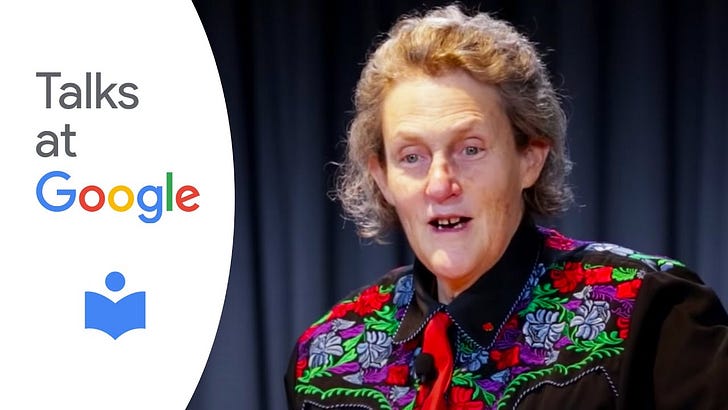This is the fourth in a series.
Part 1 introduced the series, and covered:
Tokyo Story
Ikiru
Kiss Me Deadly
The Rules of the Game
Man on Wire
Part 2 covered:
Shall We Dance?
Afghan Star
The Station Agent
The World's Fastest Indian
October Sky
Part 3 covered:
Black Orpheus
When We Were Kings
Lage Raho Munna Bhai
Helvetica
The Night of the Hunter
And now, five more which al…



